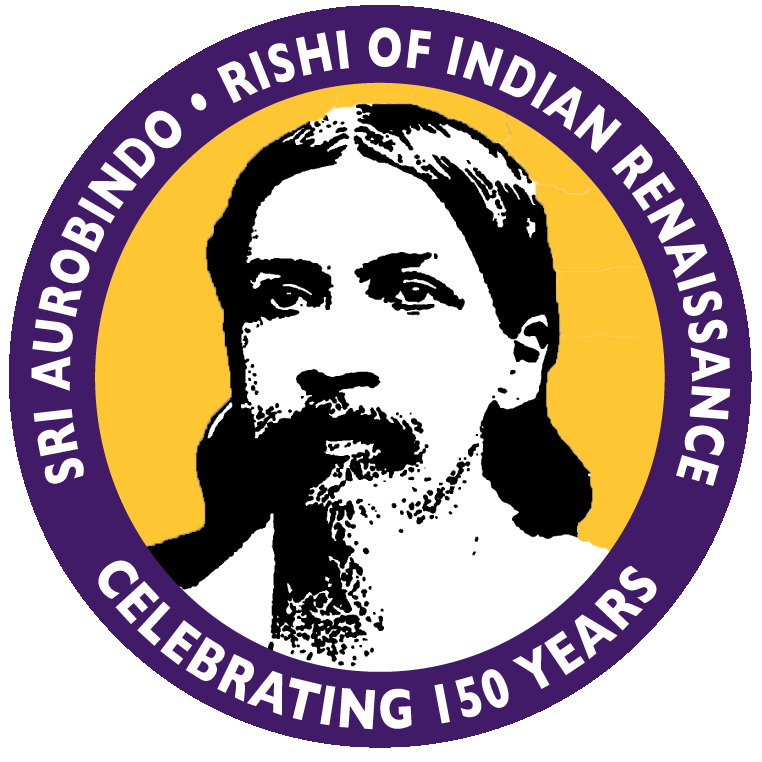In the Mother’s memorable words: “Everything is there in Savitri: mysticism, occultism, philosophy, the history of evolution, the history of man, of the gods, of creation, of Nature. How the universe was created, why, for what purpose – all is there…, even the future of man and of the evolution, all that nobody yet knows. Sri Aurobindo has described it all in beautiful and clear words so that spiritual adventurers who wish to solve the mysteries of the world may understand it more easily…He has crammed the whole universe in a single book. It is a marvelous work, magnificent and of an incomparable perfection.”
In this seminar, we will retrace Sri Aurobindo’s discovery of the esoteric secret of the Veda as a confirmation of his own yogic experiences. Based on his experiences, he revealed that nirvana or samadhi is not the goal of human evolution; rather it is the starting point to bring the Knowledge, Power and Bliss of Brahman down to the earthly plane so as to divinize all levels of our existence from the physical to the spiritual, right here. He chose the legend of Savitri who won back the life of Satyavan from the Lord of Death as “One of the many symbolic myths of the Vedic cycle. Satyavan is the soul carrying the divine truth of being within itself but descended into the grip of death and ignorance; Savitri is the Divine Word, daughter of the Sun, goddess of the supreme Truth who comes down and is born to save; Aswapati, the Lord of the Horse, her human father, is the Lord of Tapasya, the concentrated energy of spiritual endeavour that helps us to rise from the mortal to the immortal planes.”
Mirroring their stories, with himself in the role of Aswapati, Sri Aurobindo channeled Savitri into literary existence—his magnum opus 24,000 line English poem in blank verse—revealing in luminous verses the details of his own journeys of Supramental ascent and descent. As a record of, and constantly updated in the light of, his life-long practice of Purna Yoga, the words of Savitri have the mantric power to catalyze our own flights of spiritual and physical evolution. In these explorations of Savitri, we will see why and how it is indeed the Veda of the Future, what it reveals about our evolutionary destiny, and how it can awaken us to be conscious contributors to Sri Aurobindo’s vision of The Life Divine.

